Menopause: what you need to know
menopause
Certainly! Here’s some information about menopause and its effects on women from a gym and health perspective, divided into small chunks for your social media post:
Menopause is a natural biological process that occurs in women, typically between the ages of 45 and 55, marking the end of their reproductive years. It is characterized by a decrease in estrogen and progesterone hormone production.
The decline in estrogen levels during menopause can lead to several physical and emotional changes in women. From a gym and health perspective, it’s important to understand and address these changes to maintain overall well-being.
One of the primary concerns during menopause is a loss of bone density, which can increase the risk of osteoporosis. Weight-bearing exercises, such as weightlifting or resistance training, can help improve bone health and reduce the risk of fractures.
Hormonal changes during menopause can also lead to weight gain, particularly in the abdominal area. Regular exercise, including both cardiovascular workouts and strength training, can help manage weight and prevent the accumulation of excess body fat.
Menopause can bring about changes in body composition, including a decrease in muscle mass. Engaging in strength training exercises can help preserve muscle mass and strength, promoting a healthier body composition and metabolism.
Hot flashes and night sweats are common symptoms during menopause. Regular exercise, such as yoga or low-impact activities like swimming or cycling, can help reduce the frequency and severity of these symptoms, as well as improve overall sleep quality.
Menopause can also have an impact on mood and mental well-being. Regular exercise has been shown to boost mood, reduce anxiety and depression, and enhance overall mental health during this transitional phase.
Maintaining a balanced and nutritious diet is crucial during menopause. Women should focus on consuming foods rich in calcium and vitamin D to support bone health. Additionally, a diet high in fruits, vegetables, whole grains, and lean proteins can provide essential nutrients for overall health.
Adequate hydration is important for women going through menopause. Drinking enough water throughout the day can help manage symptoms like hot flashes and support overall health and well-being.
It’s essential for women experiencing menopausal symptoms to consult with healthcare professionals or fitness experts. They can provide personalized advice, recommend suitable exercise routines, suggest dietary modifications, and address specific concerns related to menopause.
Remember, menopause is a unique experience for each woman, and it’s important to seek professional guidance to receive personalized support and advice based on individual needs and health considerations.






